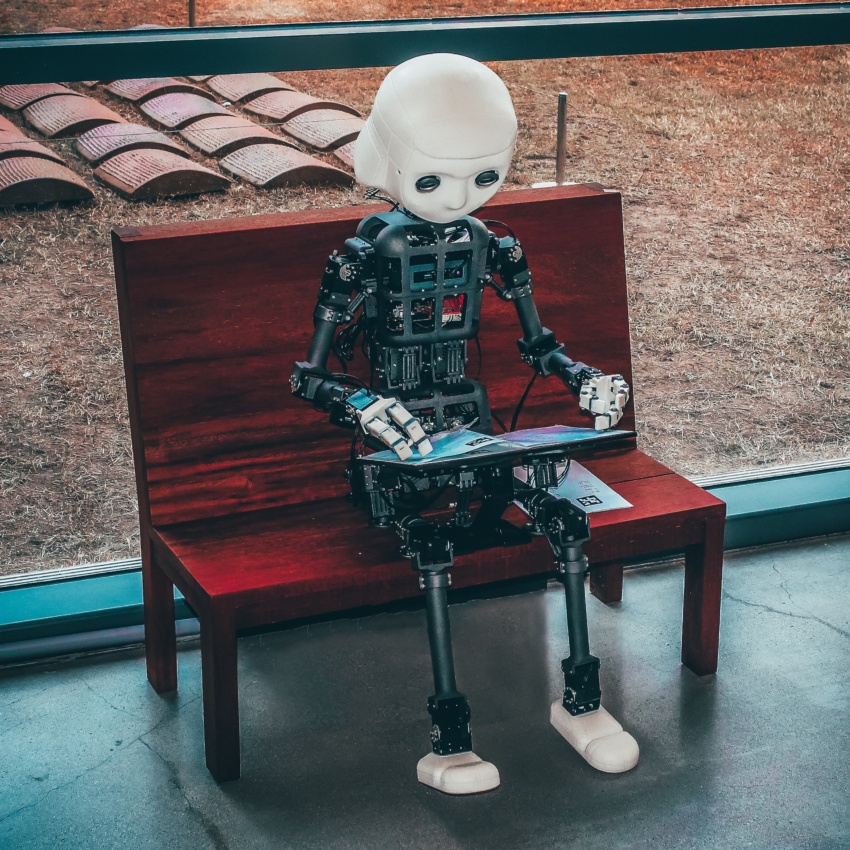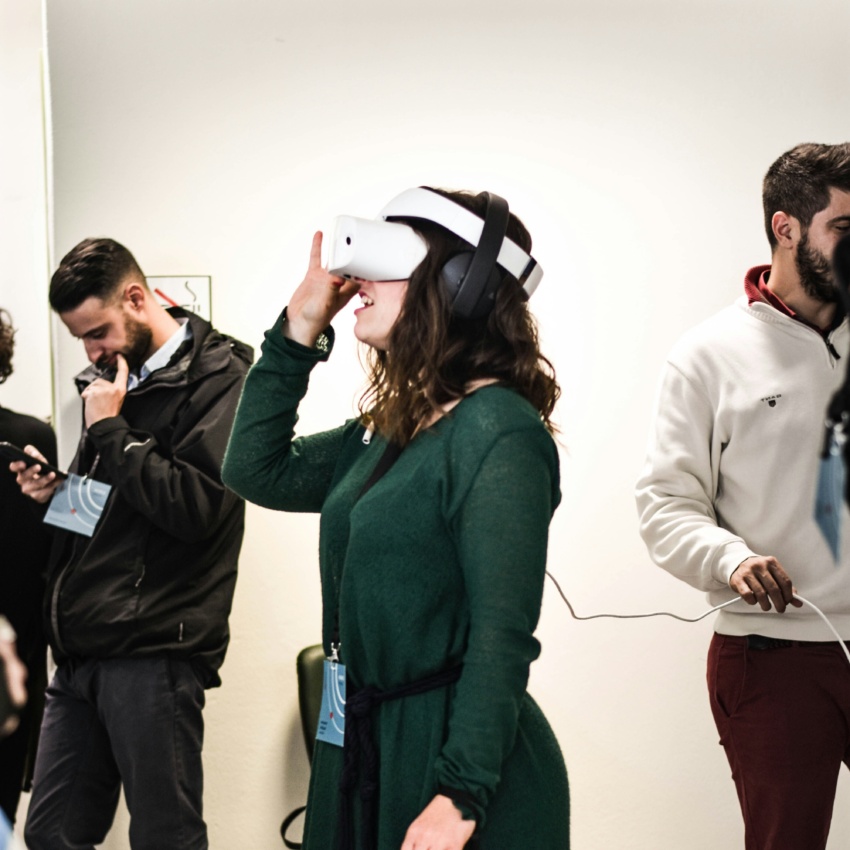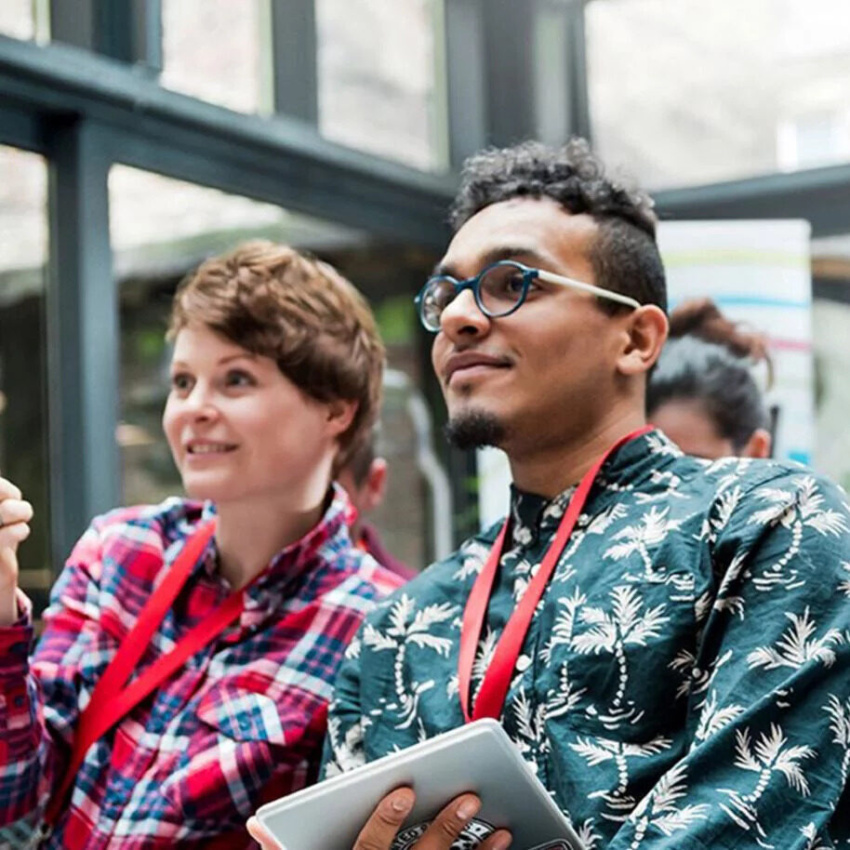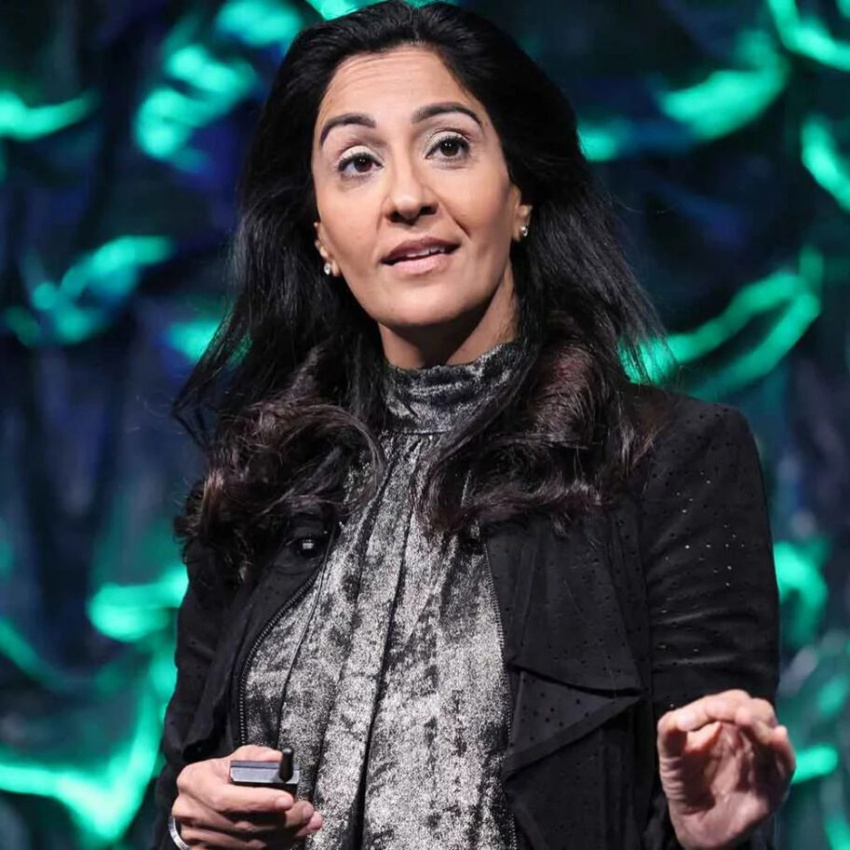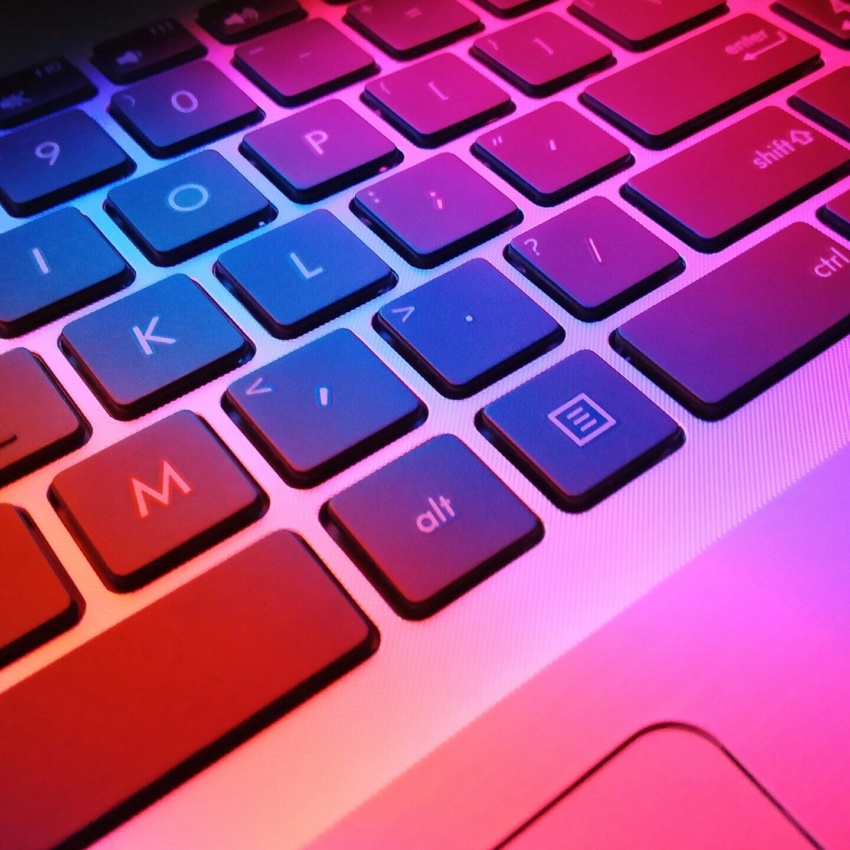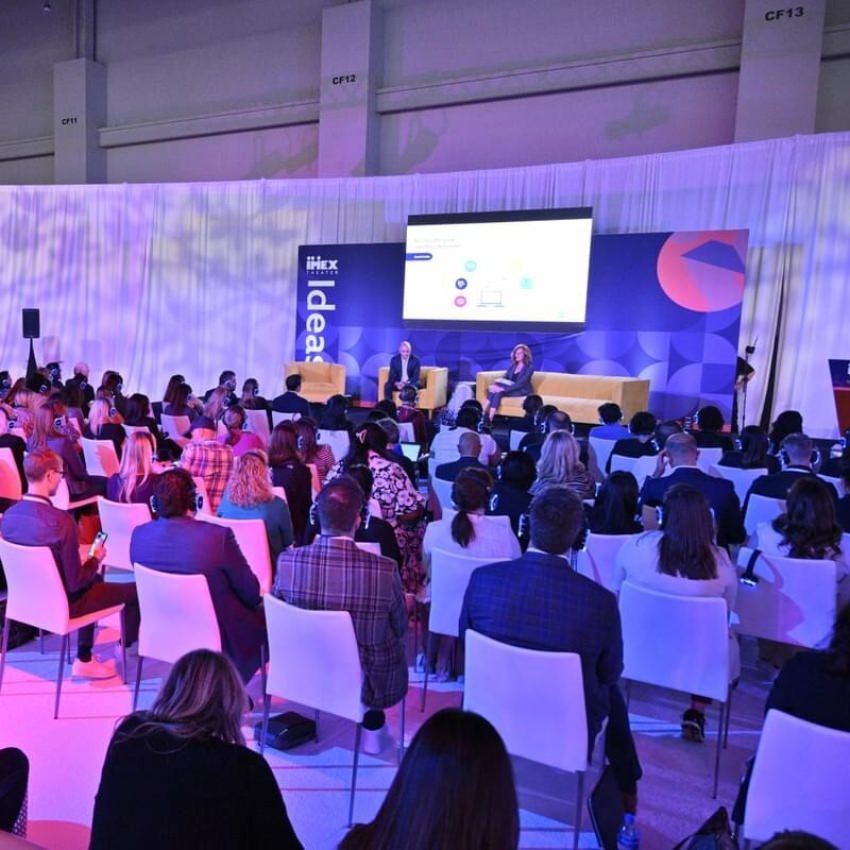What AI means for the events industry
The conversation about artificial intelligence (AI) has accelerated in the last few years, but what exactly is the benefit for the events industry?
AI is the development of technology that is capable of tasks which usually require human intelligence. In its early uses, it performed specific tasks in a range of industries, such as medical diagnosis, remote sensing and customer service.
Whereas a decade ago the idea of machines doing human jobs seemed like something from a sci-fi film, our interaction with AI is commonplace today.
Whether it’s taking Siri’s advice to leave the house earlier to avoid traffic, watching a new TV show Netflix has recommended, or listening to your Spotify Wrapped, AI is fully integrating in our everyday lives. With this new technology comes new well-documented fears about the threat AI poses to human workers across all industries.
But it’s important to realise that human and artificial intelligence aren’t in competition; when humans and machines collaborate, they can create something amazing.
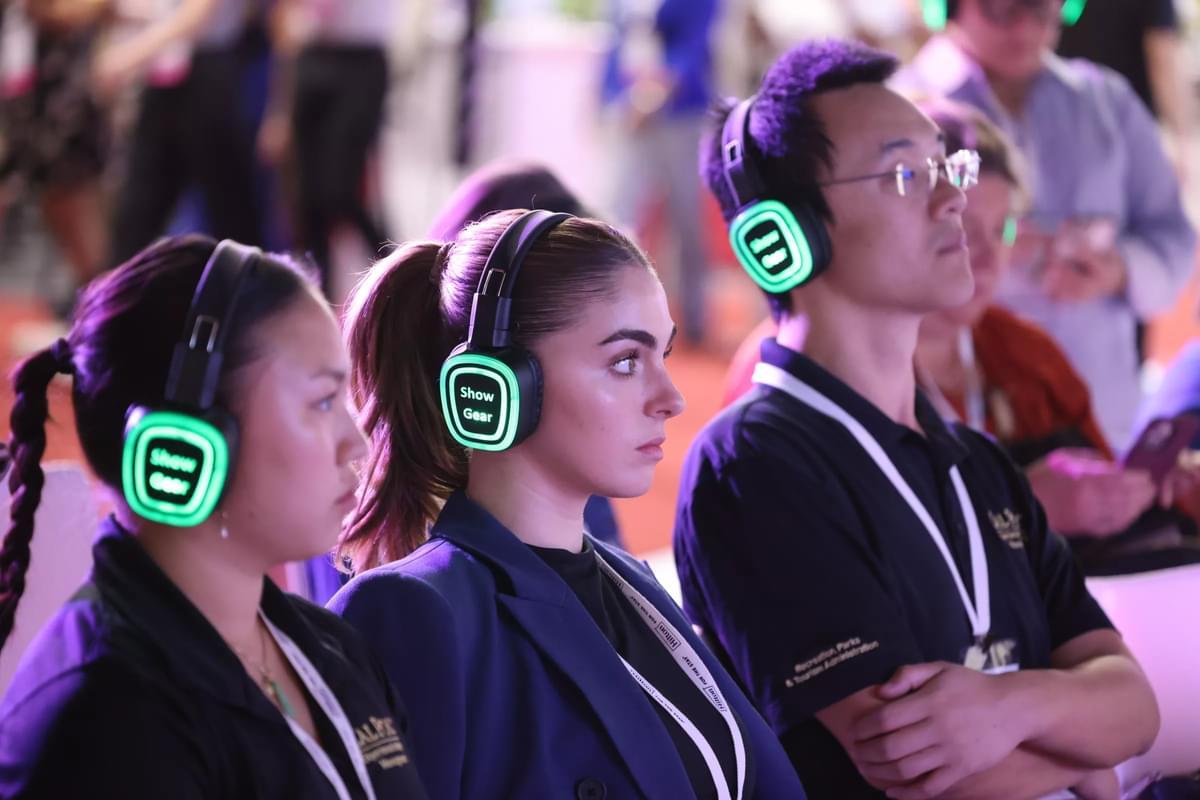
AI in the workplace
The ultimate aim of artificial intelligence is to make our work lives easier and more efficient. AI is incredibly accurate as there are none of the risks associated with human error. For example, a face recognition AI may well do a better job of remembering clients’ names than a forgetful human.
Another benefit of AI is that it doesn’t have to eat, sleep or socialise, meaning it can work non-stop. This frees up time for human workers to focus on more complex tasks while the AI provides a constant service. It provides a simple solution for automating real-time customer service - either via phone or by chatbot - allowing for 24/7 customer support. While many customers appreciate the immediacy of response that AI customer service provides, the impact on overall customer experience is something companies should consider before implementation.
Machines don’t have emotions; so, they can’t make judgement calls. A human may decide to make an exception for a customer (such as upgrading a hotel room), but AI may not have the intuition to do the same. This “human touch” gives customers a sense of a more individualized, personal experience.
AI technology for the meetings and events industry
A physical version of the chatbot and a great example of AI in the meetings industry is Hilton’s concierge robot, “Connie”. Connie can answer visitors’ questions about restaurants, tourist attractions and hotel information. First launched in 2016, Connie is one of many robots used by the hospitality industry, alongside robot waiters, cleaning robots, receptionist robots and even robotic bartenders. Clearly, such technology can help reduce the workload of staff.
There are also many behind-the-scenes AI technologies that help event organizers deliver successful events by personalizing the attendee experience:
1. AI matchmaking
This can be used to connect buyers and suppliers with, suggesting events, activities and education sessions by analyzing attendee profiles and interactions with event systems and apps. Many event platforms will offer this off-the-shelf, with little configuration or human input required.
2. AI-powered translation and transcription of event content
Event planners can increase the accessibility and reach of their event content using AI-powered translation and transcription tools. This makes it easy to repackage your content via your event app and re-use it in your future marketing.
3. Generative AI for ideation and research
Tools such as ChatGPT and Bing Chat are the newest members of many event teams. Their uses are almost immeasurable - from initial research of venues and destinations, suggesting ideas for your marketing campaigns, summarizing data sets, to proofreading your work - and everything in between. Quality of output depends on the quality of the prompts entered - you might need to re-prompt to get the results you need.
4. Analyzing event data
One of the most powerful uses of AI for event planners is around data. AI-driven data capture and analytics tools provide event professionals with easy ways to identify trends, generate post-event reports, collect and summarize feedback - all of which can feed your marketing strategy and help you personalize attendee communications and experiences. Here, data quality is the essential ingredient to successful implementation of AI tools in data analysis.
5. Event marketing and creative
Generative AI can help produce a wide range of sales and marketing outputs, including presentations, pitch documents, creative assets such as images and video, copy of any length - from longform articles to social media posts... the possibilities are growing rapidly. Marketers should tread carefully in this area to ensure quality and accuracy, and also be mindful of intellectual property and licensing considerations. Not all tools allow you to use assets commercially, so check the fine print.
You might also like
Why AI won't replace event organizers' jobs
The human touch
Humans will always have an advantage over artificial intelligence for a number of reasons. For a start, we’re creative. We learn rules and break them in order to produce something new and innovative. AI is largely only capable of following rules, so it requires human intervention and supervision. AI is also not capable of empathy and may struggle to understand nuanced communication, so it will never replace the sense of genuine connection that humanity craves, particularly at events.
A new form of collaboration
Although one of the biggest concerns with AI is that it may reduce the demand for human labour, in reality it is creating new career opportunities. Events professionals will not be replaced by AI, but they will need to learn new skills and technologies in order to thrive in an increasingly AI-driven workplace.
Humans and AI both have strengths and flaws, but by working collaboratively they exceed these deficiencies. One of the best examples of this is the use of AI to aid doctors’ medical diagnosis. The accuracy of the final diagnosis is at its highest when humans and technology work together instead of independently. When applying this idea to the events industry, savvy event organizers can lean on AI to quickly and efficiently complete tasks that would have taken their teams months, freeing up their time to focus on more creative, human-value-add elements.
Join the discussion on AI in events
AI has been part of the discussion at IMEX for almost a decade! Join us at IMEX and meet global event tech suppliers, join tech-focused education sessions and meet with thousands of event planners to discuss the latest trends and tech. Register for free using the links below.

